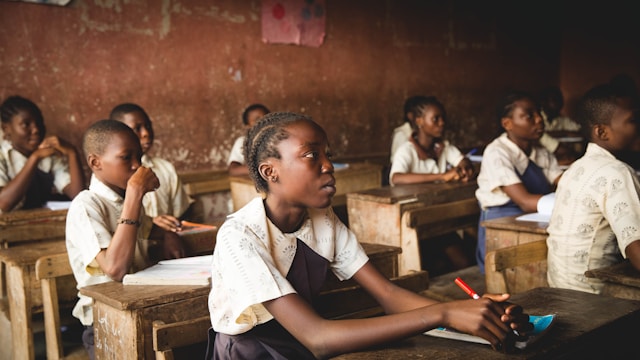A Brighter Future: Investing in Education in Low-Residence Areas
One of the most consequential ways to work toward a better world is to invest in education in underdeveloped nations. The foundation for growth, empowerment, and ending the cycle of poverty is education. We can shape a better tomorrow by supporting educational programs, so let’s look at that.

1. Filling the Gap in Opportunities
The opportunity gap is wide in underdeveloped nations because of the scarcity of high-quality educational opportunities. We can close this achievement gap and give every child, regardless of their family’s financial situation, a fair shot at success in life by funding education programs.
2. Realizing People’s Full Potential
A person’s limitless potential can be realized via education. Future generations will be able to make a difference in their communities and the world if we make education and training available to them.
3. Ending Poverty Once and For All
The capacity to escape poverty is one of education’s most significant effects. If kids have a leg up in life thanks to a good education, they can better themselves and their family financially.
4. Promoting Long-Term Sustainability
Sustainable development cannot be achieved without an educated populace. When communities in developing nations have access to quality education, they are more equipped to face problems, find creative solutions, and take an active role in their own development.
Final Thoughts
Ultimately, aiding education in underdeveloped nations is more than a humanitarian gesture; it’s a financial commitment to a better, more equal future for everyone. Education is a long-term investment that pays off in the form of stronger, more educated societies that add to humanity’s collective progress.